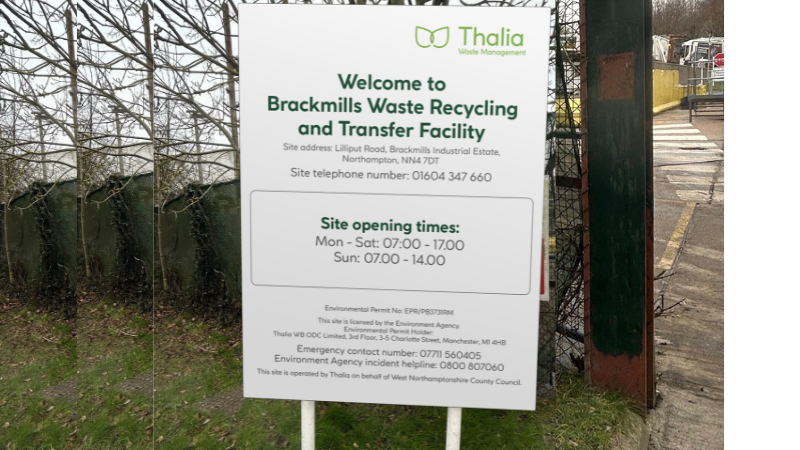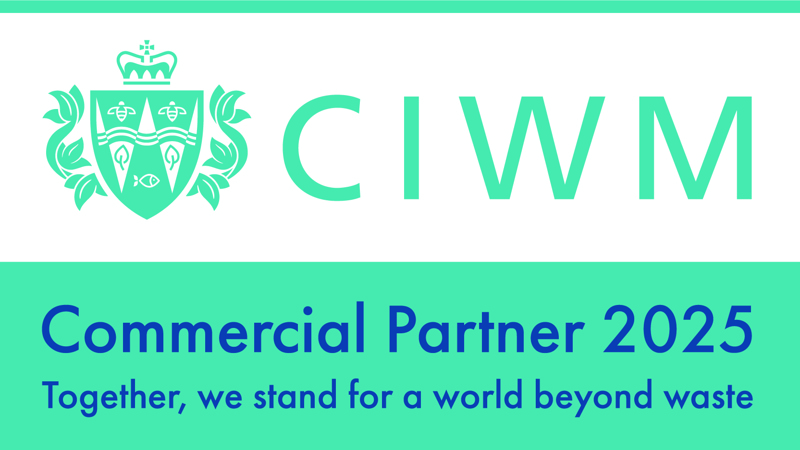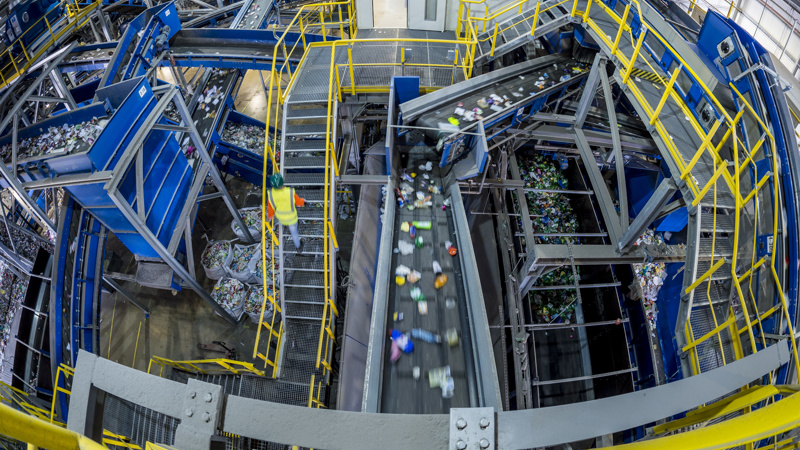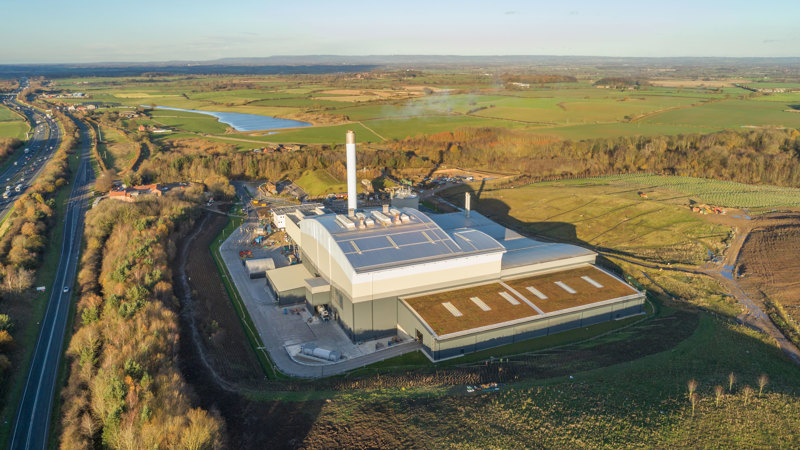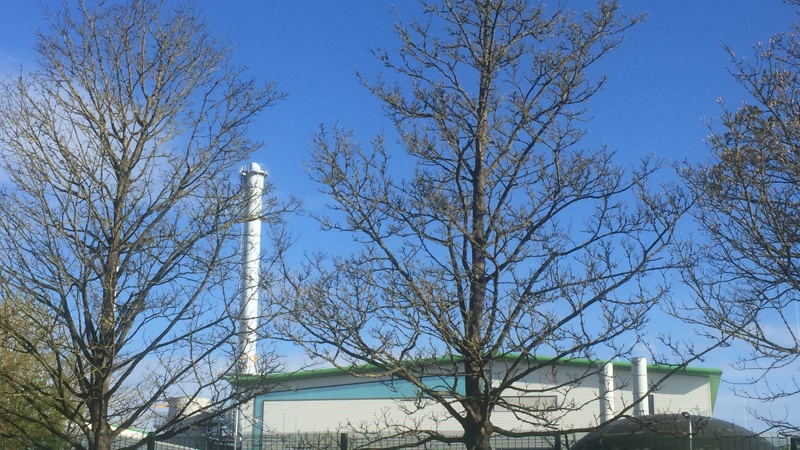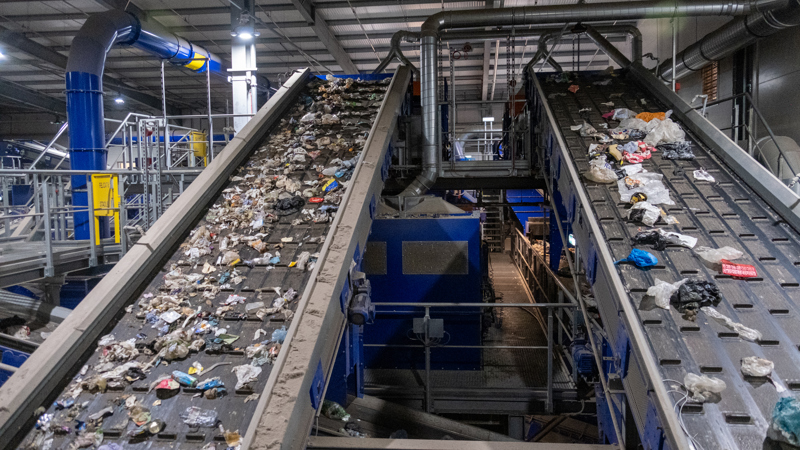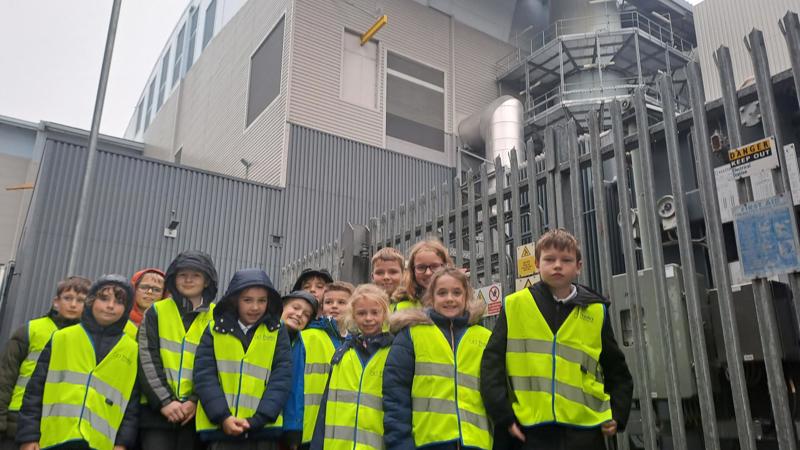Stewarding resources – towards a better future
How societies use natural resources and manage and reduce their emissions to air, land and water are all in very sharp focus as we enter the second decade of the 21st Century, and over the next 10 years, some very big decisions will need to be taken that will fundamentally shift the way humans interact with the natural environment.
How we all do basic things such as eat, travel, heat and power buildings and even raise and spend taxes are all set for major changes in order to deliver significant improvements to the environment and to society.
Substantial shift
Thalia is helping to drive this change, but we want to do even more to make the substantial shift in resource efficiency that is necessary. We are in an almost unique position to do so, working across mobility, connectivity, energy and resource management.
We’re in a climate emergency. We need people and technologies to develop the solutions to tackle it. We’re interested in how new technologies can positively impact our national infrastructure. Everything we do as a business must be done by building in what we refer to as the three Ss – 1) sustainability 2) social value and 3) social inclusion - in other words infrastructure that delivers positive social benefits and outcomes.
This applies to our waste treatment operations where we see first-hand how society uses resources, and how different technologies are able to reduce the impact through recovering value and delivering the three Ss.
Less is more
The way society consumes and manages resources has been under the spotlight recently, from the impact of single use plastics in rivers and oceans to the challenges of increasing amounts of electronic and electrical goods being discarded. What things are made from and where they are made, through to who makes them are being forensically examined.
The education and visitor centres at our waste treatment sites host thousands of people every year from all walks of life – from neighbours and local businesses, school children and university students, to decision makers and major corporations. Each and every visitor cannot fail to be astonished when faced with the vast quantities of waste that resource management sites process day in, day out.
Major changes to how households and businesses use increasingly materials are in the pipeline, such as deposit return schemes for drink containers, reusable and refillable products and easier-to-recycle packaging. These could help to reduce the amount of waste that is produced throughout the supply chain for both businesses and householders, as well as increase the amount that is recycled. Our visitor and education centres will play their part in explaining, influencing and improving how waste is reduced, reused and recycled.
There is still a vast amount of waste left over after reducing, reusing and recycling however, and this ‘waste’ is rich in resources, both in terms of material and energy. As we transition to a genuinely low carbon and circular economy, how these remaining resources are recovered will become increasingly important.
Moving away from landfill – indeed, eliminating the need for landfill – has to be our common goal.
We’ve tested it; we operate the best of it
This is where Thalia's experience of waste treatment and recovery technology comes to the fore. Thalia has tried and tested the widest possible range of waste treatment technologies – we know what works and why.
We operate the best technology available across our three strategic waste treatment sites in North Yorkshire, Milton Keynes and Cambridgeshire. This includes everything from mechanical and biological treatment, traditional mass-burn energy from waste and material recycling technologies to in-vessel composting, advanced thermal treatment, innovative small-scale energy from waste and anaerobic digestion.
This gives us unrivalled knowledge and experience of waste and resource management technologies.
Our sites use an integration of these technologies to really make the most of what society throws away. Using anaerobic digestion alongside mechanical and biological treatment, for example, ensures both material and biogenic ‘renewable’ carbon are extracted before remaining energy is recovered via energy from waste or advanced thermal treatment – our Milton Keynes and North Yorkshire facilities use this combination very effectively.
Landfill is filling up
The landfill capacity at our Waterbeach site in Cambridgeshire is filling up fast and we anticipate it will be full in the next 10 to 15 years. All of the county's recyclables are processed at the site (with some of the plastic packaging reprocessed back into new plastic packaging within Cambridgeshire), along with all the county’s separately collected food and garden waste, which is turned into soil improver via on-site in-vessel composting technology. In the last 12 months alone, the landfill site has accepted over 200,000 tonnes of non-hazardous waste inputs – more than 90% of which was from within Cambridgeshire.
We have invested heavily to overcome early difficulties with the mechanical biological system, the output of which is currently landfilled.
Future positive
In a world where the climate is changing rapidly, Thalia is committed to a net-zero carbon future. We are confronting the challenges and supporting the many opportunities that a resource-efficient future presents, and we look forward to working with our industry colleagues, decision makers, customer and neighbours to deliver a better future - one that satisfies the needs of both the planet and the national economy.

